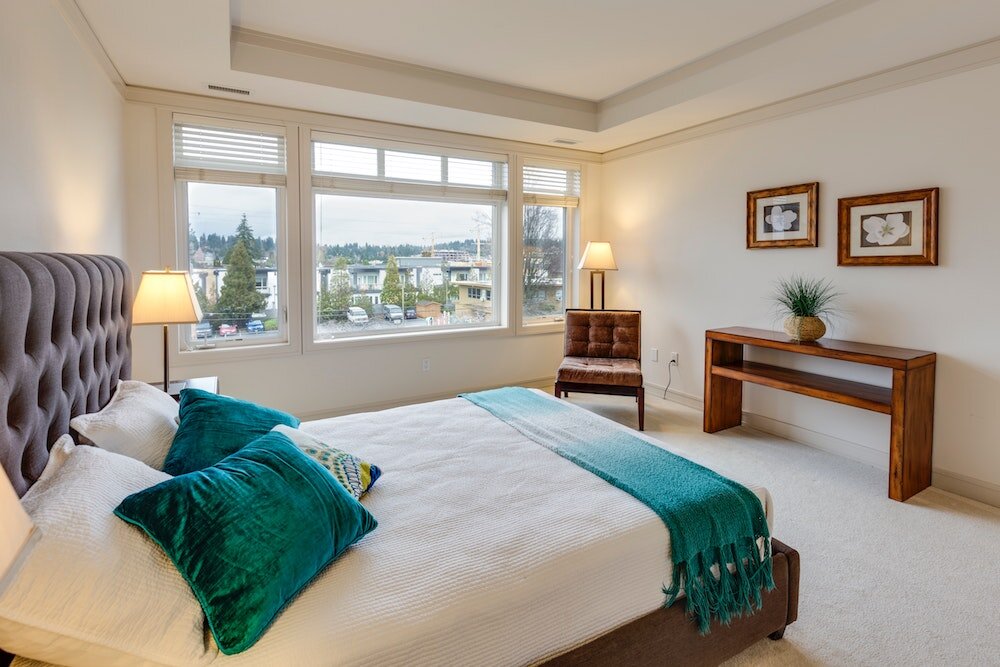01 – FIND.
Finding the right Real Estate Agent
Every homeowner has different goals and needs and no home sale is the same. First, we’ll identify your motivations for selling & what is of most importance in your home sale. We will then establish a timeline and a marketing plan, and see how your home compares with others on the market. We have a track record of proven success, and you can rely on us to be your champion and best source for solutions.
02 – LEARN.
Learn Your Home’s Market Value
We’ll assess your home’s worth to determine its market value, taking into consideration such variables as features, size, location, market demand, and recent comparable sales. We’ll then create a “comp”, or comparative market analysis (CMA), that will help determine a competitive listing price that will attract qualified buyers and drive maximum interest to your property.
03 – PREPARE.
Prepare the Home For Sale
It’s all about the first impression, and your home needs to impress inside and out before putting it on the market. We’ll strategize with our network of skilled vendors to ensure improvements, staging, photography, and video are of professional caliber and give buyers a reason to show more than a passing interest in your home. Remember, you only have a matter of seconds to make a great first impression, so make it count.
03 – LIST.
Listing Your Home
Now for the fun part! We will manage showings and interests. We'll draw on our expertise and network of industry colleagues to increase exposure for the home while comparing and leveraging the interest of potential buyers for the home to accept the best price and terms that match your desired outcomes.
05 – MARKET.
Market Your Home
06 – NEGOTIATE.
Negotiate the Best Price & Terms
07 – FINISH.
Finalize the Transaction
EXPLORE BLOGS
Sell My Home
We love working with sellers and look forward to sharing our home-selling plan with you!

Our team of professionals will be with you every step of the way, from preparing your home for the sale, to handing the keys to the new buyer.




